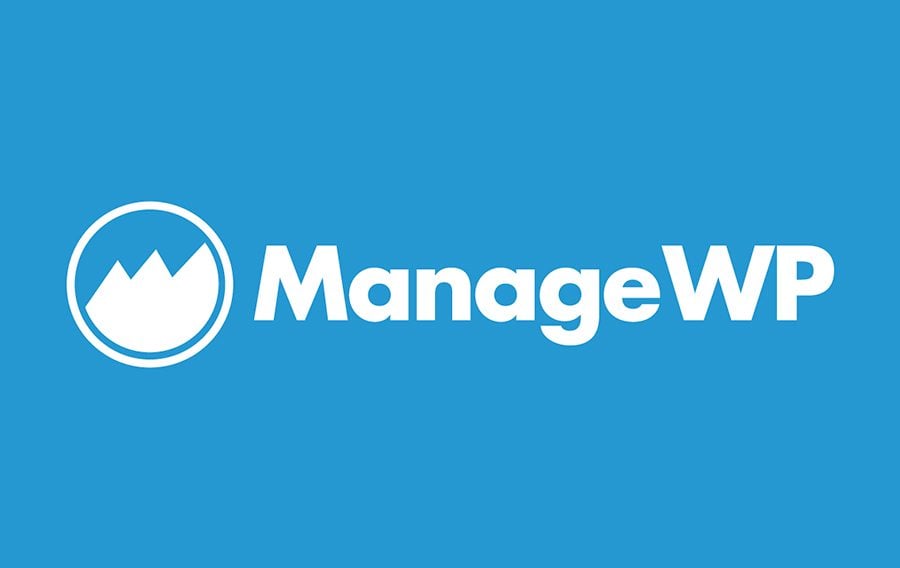One of the biggest problems with WordPress is backward compatibility; there is a lot of junk code in WordPress core that's used by older plugins that cannot be removed without breaking their functionality. As Matt himself admitted repeatedly. Automattic is aware of this issue, but until refactoring the WordPress core becomes a smart business move, Automattic will maintain a status quo.
But this does not have to be the way all WordPress developers should think. Just as the themes have a limited shelf life (just ask anyone modifying the Avada theme today), plugins and services should as well. As the developers and development teams gets better and larger over time, they usually regret the way they've written the code when they were younger, but keep building on that code anyway.
But what happens if you take that gamble? We're talking with Nemanja Aleksic, the Growth Engineer at ManageWP, and their attempt to refactor the ManageWP code for their upcoming Orion release.
